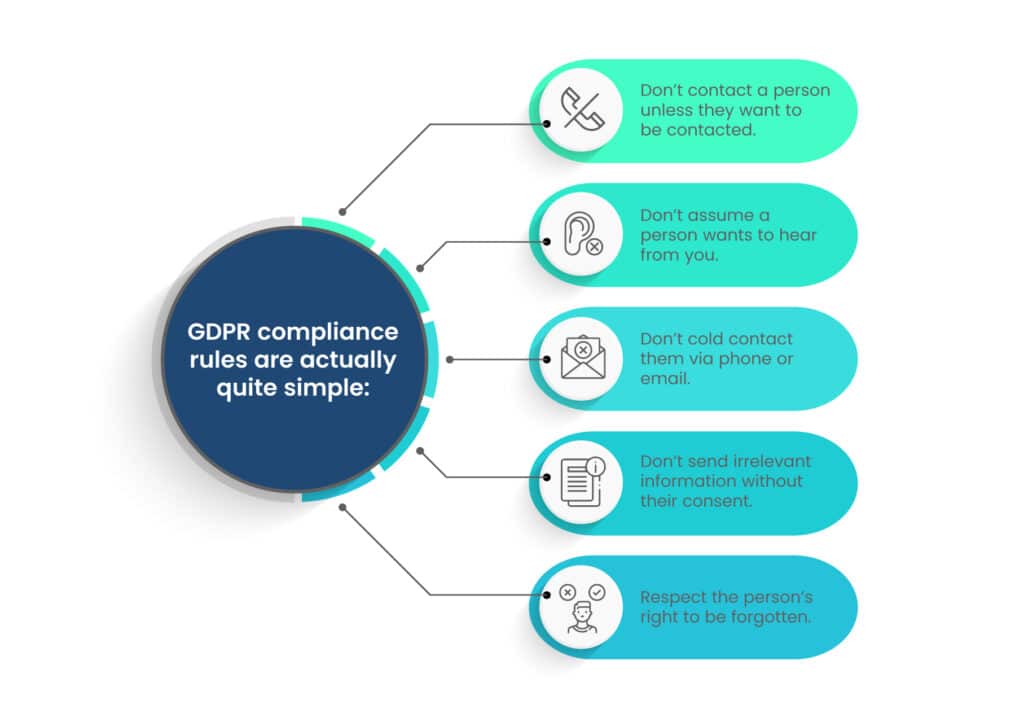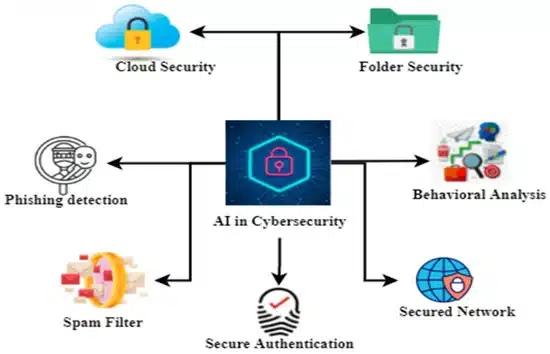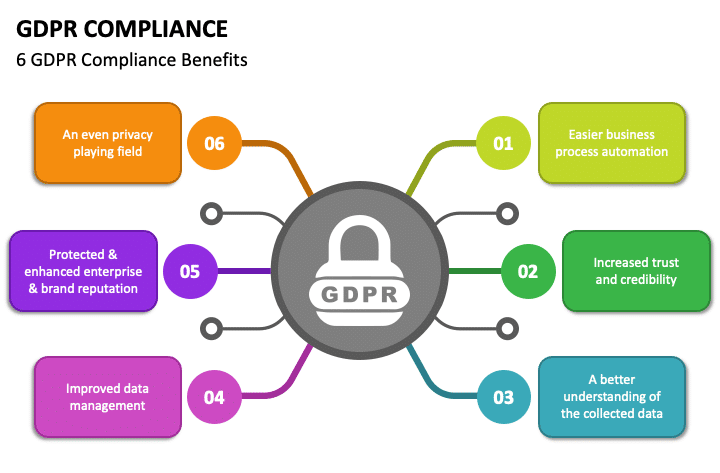In today’s digital age, where data is the lifeblood of businesses, ensuring data privacy and compliance with legal frameworks is paramount. Organizations that handle personal data must navigate a complex landscape of regulations to protect individuals’ privacy rights. In this blog, we’ll explore the key aspects of data privacy, and compliance requirements, and provide insights into how businesses can effectively navigate this challenging terrain.
Understanding Data Privacy
The Importance of Data Privacy
Data privacy refers to the protection of personal information and the management of data in ways that respect an individual’s rights. In an era where data breaches and cyber threats are on the rise, safeguarding personal data is not just a legal requirement but also crucial for maintaining trust with customers and stakeholders.
Data Privacy Laws and Regulations
Several data privacy regulations have been enacted globally to safeguard individuals’ data rights. The General Data Protection Regulation (GDPR) in the European Union, the California Consumer Privacy Act (CCPA) in the United States, and various sector-specific laws set stringent requirements for organizations.

Compliance Frameworks
Privacy by Design
Privacy by Design is a proactive approach to data protection. It encourages organizations to consider data privacy from the inception of projects, products, or processes, rather than addressing it as an afterthought. By embedding privacy principles into the design, organizations can reduce risks and ensure compliance.
Data Protection Impact Assessments (DPIA)
DPIAs are a systematic process to identify and mitigate privacy risks in data processing activities. They help organizations evaluate the impact of data processing on individuals’ privacy and take necessary measures to minimize risks.
Appointing Data Protection Officers (DPO)
Many regulations require organizations to appoint a Data Protection Officer responsible for ensuring compliance. DPOs play a critical role in advising on data protection matters, monitoring compliance, and acting as a point of contact for data subjects.
Consent and Transparency
Obtaining Informed Consent
Obtaining informed consent is a fundamental requirement for processing personal data. Organizations must clearly communicate the purpose of data collection and obtain explicit consent from data subjects. Consent should be freely given, specific, informed, and unambiguous.
Transparent Data Processing
Transparency in data processing involves providing individuals with clear and concise information about how their data will be used. Privacy policies and notices should be easily accessible and written in plain language.
Data Security Measures

- Encryption
Data encryption is a critical data security measure that ensures data remains confidential and secure during transmission and storage. Implementing strong encryption algorithms helps protect sensitive information from unauthorized access.
- Access Controls
Access controls restrict data access to authorized personnel only. Role-based access and user authentication mechanisms ensure that individuals can only access data necessary for their roles.
- Regular Security Audits
Regular security audits and assessments help organizations identify vulnerabilities and weaknesses in their data protection measures. This proactive approach allows for the timely remediation of security issues.
Data Breach Response
Incident Reporting
In the event of a data breach, organizations must report the incident to the relevant authorities and affected individuals promptly. Timely reporting is crucial to mitigate the impact of breaches.
Mitigation and Remediation
Organizations should have incident response plans in place to address data breaches effectively. This includes containment, recovery, and communication strategies to minimize harm.
International Data Transfers
Adequacy Agreements
Adequacy agreements are mechanisms that enable the transfer of personal data to countries outside the European Economic Area (EEA) that provide an adequate level of data protection.
Standard Contractual Clauses (SCCs)
SCCs are contractual provisions that organizations can use when transferring personal data to countries without adequate data protection laws. They provide a legal framework for safeguarding data during international transfers.
Real-life Compliance Challenges
Case Studies
Examining real-life compliance challenges and case studies offers valuable insights into the complexities of data privacy and compliance. Learning from others’ experiences can help organizations navigate similar issues effectively.
Lessons Learned
Understanding the lessons learned from past data privacy incidents and compliance challenges can inform better practices and preventive measures.
In conclusion, data privacy and compliance with legal frameworks are non-negotiable in today’s data-driven world. Organizations that prioritize data protection not only comply with regulations but also build trust and credibility with their customers. By implementing best practices, staying informed about evolving regulations, and continuously assessing and improving data privacy measures, businesses can successfully navigate the complex landscape of data privacy and compliance.
For more in-depth information and examples, please explore our comprehensive blog on Data Privacy and Compliance: Navigating Legal Frameworks.






It’s a pity you don’t have a donate button! I’d certainly donate to this outstanding blog! I suppose for now i’ll settle for book-marking and adding your RSS feed to my Google account. I look forward to fresh updates and will share this site with my Facebook group. Chat soon!